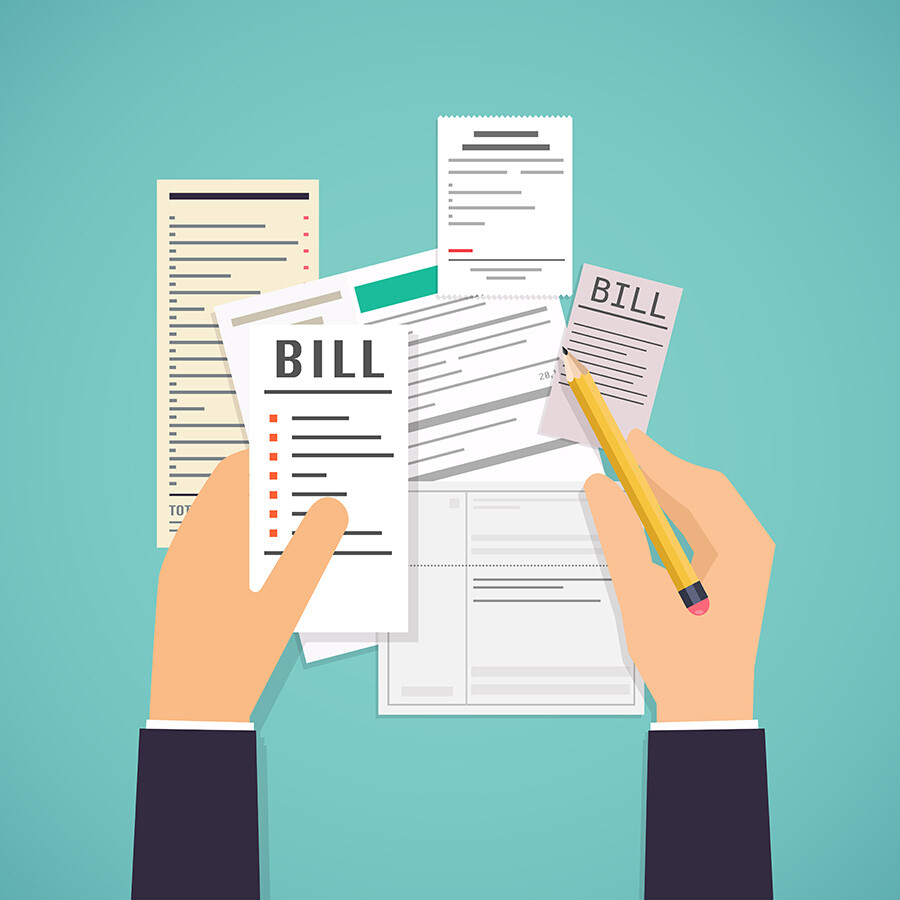Bessie Hassan
With house prices lower than they’ve been in almost a decade, many Aussies are hoping to finally enter the property market. Yet prospective buyers often underestimate the impact of their credit score on their ability to buy a home.
While age, income, and occupation are all closely assessed by lenders, your credit score is also taken into account when evaluating your status as a borrower. If you’re concerned your credit score isn’t quite up to scratch, there might be a few important things to think about before rushing out to seek pre-approval.
Why your credit score matters
Lenders will look at your credit score to determine how risky you are as a borrower. Your score is calculated based on factors such as:
- Your spending history
- The number of credit enquiries you’ve lodged
- The types of credit you’ve applied for such as loan type and amount requested to borrow
- Defaults
- Debt
A good credit score ranges between 622 and 725, with an excellent score between 833 and 1,200. A score within this range indicates to lenders you’re responsible with money. It also indicates that you should be able to repay your home loan without struggling.
But bad financial habits in the past or present can drag your score down. Anything below 622 can be a red flag for lenders. You may be considered a high-risk borrower and therefore less likely to keep on top of repayments.
What to do if you have a bad credit score
A poor credit score won’t automatically bar you from taking out a home loan but it can make it more difficult. If your credit score isn’t quite as good as it could be, you’re better off making changes to your spending habits before borrowing a large amount of money.

There are a number of ways you can improve your score. While this won’t happen overnight, you’ll be one step closer to reaching your financial goals. Some ways to boost your score include:
- Repay all your bills on time
- Tackle any outstanding debt
- Minimise the number of credit applications lodged. This means if you get rejected by a couple of lenders, don’t immediately apply somewhere else
- Dispute any incorrect listings on your credit report
- Lower your credit card limits
At the end of the day, your credit score isn’t the only thing lenders look at when assessing your home loan application. Factors like your deposit, affordability of the property, loan to value ratio (LVR), your general savings and employment history will also be considered.
For some borrowers, this will be enough to see them through the application. But for those who are knocked back, use this as an opportunity to clean up your financial act and work towards a better financial future.

